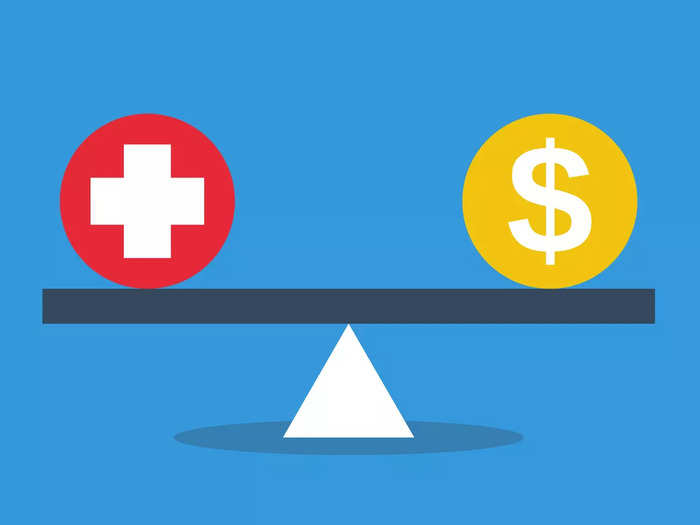Time: 2024-07-22
The research conducted by the University of Minnesota Medical School revealed that the socioeconomic status ( SES ) of cell donors has a significant impact on the health outcomes of blood cancer patients who undergo hematopoietic cell transplantation ( HCT ) . The study , which was published in the Proceedings of the National Academy of Sciences , analyzed the health outcomes of 2,005 blood cancer patients who underwent HCT across 125 hospitals in the United States . The results showed that patients who received transplants from donors with the greatest socioeconomic disadvantage experienced a 9.7 % reduction in overall survival and a 6.6 % increase in transplant - related mortality at three years compared to those who received cells from donors with high socioeconomic status.

The groundbreaking study led by the University of Minnesota Medical School has shed light on how socioeconomic status influences human health and well - being at a biological level . The research found that socioeconomic status not only affects access to resources and lifestyle choices but also fundamentally alters the biological and neurological processes that underpin human health and development . The study demonstrated that the socioeconomic status of cell donors can shape the physical and psychological outcomes of blood cancer patients undergoing HCT.
The results of the study underscore the profound health effects of social inequality and the critical need for public health interventions to address these disparities . Dr. Turcotte emphasized that the impact of social disadvantage extends beyond Cancer treatment and bone marrow transplant care and can have far - reaching implications for overall health outcomes . The research team plans to conduct further investigations to develop interventions that can mitigate the adverse health effects induced by socioeconomic disadvantage.
The findings of the study published in the Proceedings of the National Academy of Sciences highlight the urgent need to address health disparities arising from socioeconomic inequality . Research has shown that lower socioeconomic status is associated with higher stress levels , chronic inflammation , and an increased risk of conditions such as heart disease and diabetes . Additionally , access to healthcare , quality of education , and environmental factors are all influenced by socioeconomic status , creating a cycle of disadvantage that can be challenging to break.
The study 's findings emphasize the importance of understanding the biological mechanisms that underlie the impact of socioeconomic status on health outcomes . By developing targeted interventions and public health strategies , it is possible to address the adverse effects of social disadvantage on the health and well - being of individuals undergoing cancer treatment and hematopoietic cell transplantation . Further research in this area is essential to improve outcomes for patients and reduce health disparities in society.